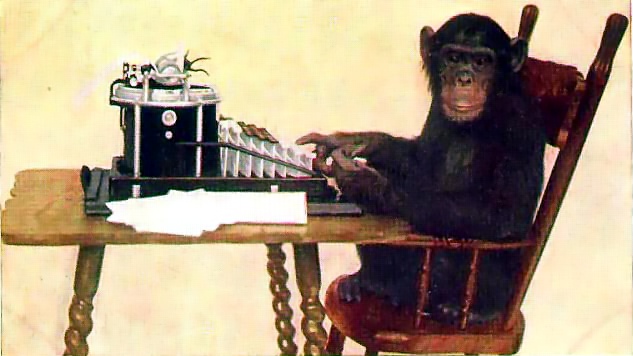My thoughts on games
and play seem to be evolving ^^ , so this blog is already a success to me.
I want to examine my following
statement:
“A construct set up to facilitate
play might even be the best definition of “game”, because the
behaviour of play differs so much it's clearly hard to define
universal characteristics of games.”
I guess the form of the construct that
facilitates play can vary significantly, but if it didn’t
facilitate play it wouldn’t be a game. To say that games are only
played would be an understatement. Games are not only played, they
are experienced and engaged. Games can be “watched” and enjoyed
for their story, like a good tv-show. It’s even possible to live
through otherwise dangerous experiences (like war situations or car
races) using a game as a simulation. Games may demand strategies to
be perfected as a player heads further into the game, a proverbial puzzle test. Some
games are action packed to deliver a dose of adrenaline. There are
even puzzle games, which makes me doubt if puzzles are not just games. In the
end games cater to a wide range of interests.
The more I think about it, all games
challenge at least one skill in an enjoyable way. Though the range of
interests or skills to be challenged is immensely diverse, the
enjoyable challenge that games provide seems a common denominator.
Going back to the previous paragraph, it doesn’t have to be the
challenge of skill alone that keeps the gamer engaged. Due to their
interactive nature, games can create a layered experience without
equal. In the end each player interacts with a game in a different
way to create their own experience.
Still for a bit of falsification I thought about Minecraft and Lego. At least the original Minecraft was about
building with blocks, like Lego but cheaper because you could make as
many blocks as you'd like :p . Both can be played with and the play
is enjoyable, they can even challenge skills like spatial insight and
several creative skills. However they initially support unstructured
play. They are building blocks for creation, calling the act of
playing with Lego a game would be like calling drawing with pencils a
game. In the end all games support play but nog all play needs games.
What we call games seem to facilitate at least in part a structured
form of play.


